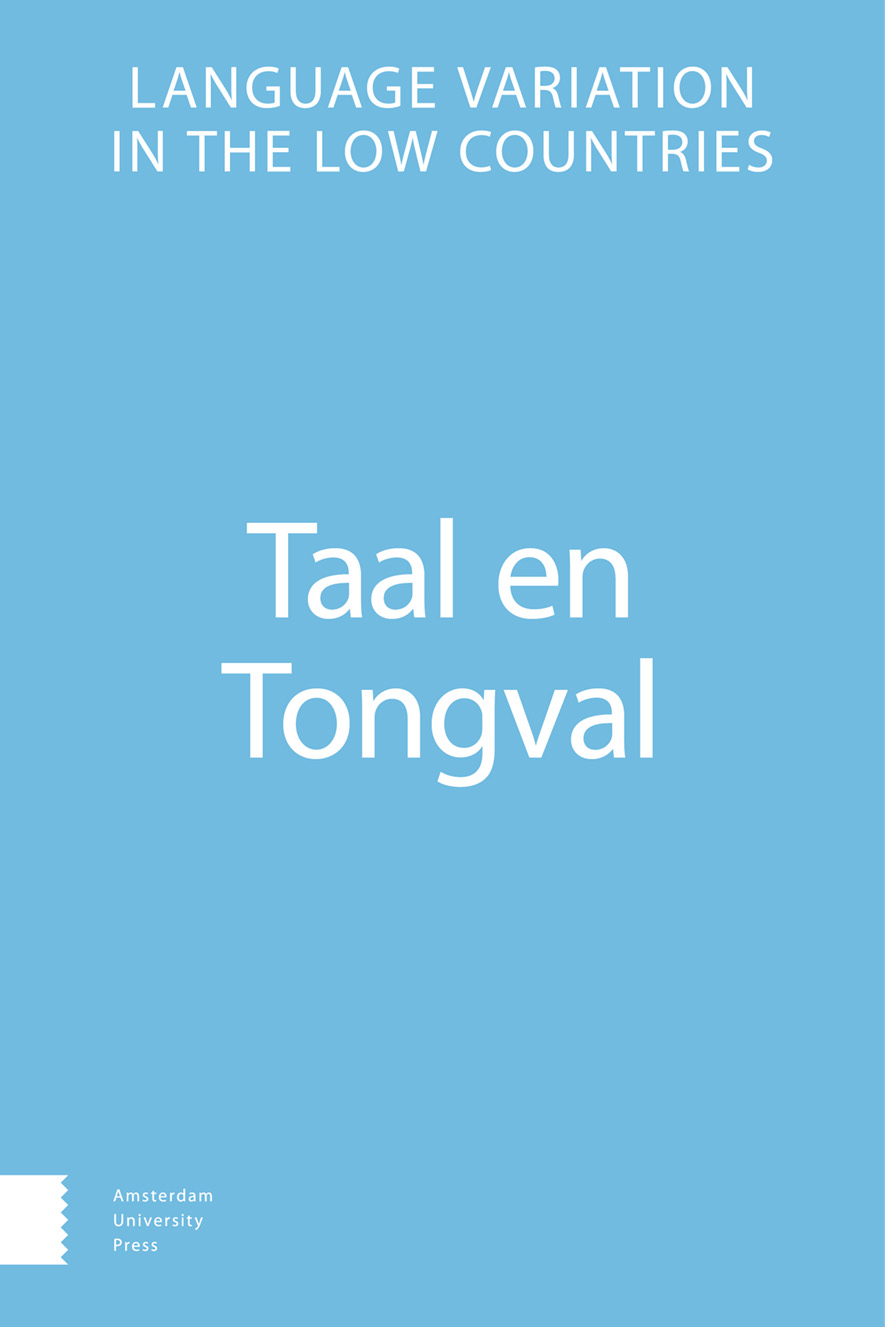-
oa Genus als probleemcategorie
- Amsterdam University Press
- Source: Taal en Tongval, Volume 61, Issue 3, Jan 2009, p. 13 - 37
Abstract
Gender is one of the most intriguing and problematic morpho-syntactic categories of natural languages. Generally, there is no simple correlation between the gender to which a noun belongs, and its semantic, morphological, or semantic properties. This is illustrated by the fact that dialects of Dutch may differ considerably in their classification of nouns with respect to gender. In the case of derived nouns, the suffix may impose a particular gender class, but in conversion (or zero-derivation) it is the morphological configuration as a whole that determines gender, another proof of the complexity of gender assignment. Determining the gender of a noun is only possible in an indirect way, on the basis of syntactic contexts in which that noun agrees in gender with other words. However, the syntactic context does not always provide unambiguous cues. In a number of cases this has led to gender change, for instance in Frisian and in dialects spoken in the province of Groningen. Hence, this uncertainty in gender assignment is a source of language variation and change. Uncertainty as to gender assignment is also pervasive in standard Dutch, which exhibits a mismatch between the pronoun system with three genders, and a system with two genders for nouns. This mismatch is solved by resemanticizing pronoun gender: the difference between the personal pronouns hij and het is interpreted as a difference in degree of individuation of the entity referred to. This may result in a difference between the normative gender classification of a noun, and its gender in actual use, both in written and spoken Dutch. Hence, this is another source of language variation in Dutch.


